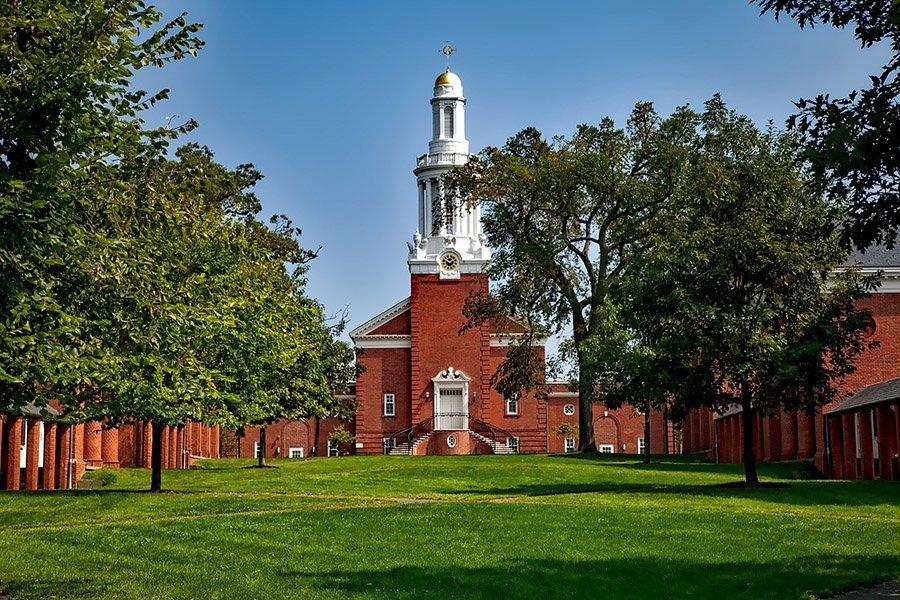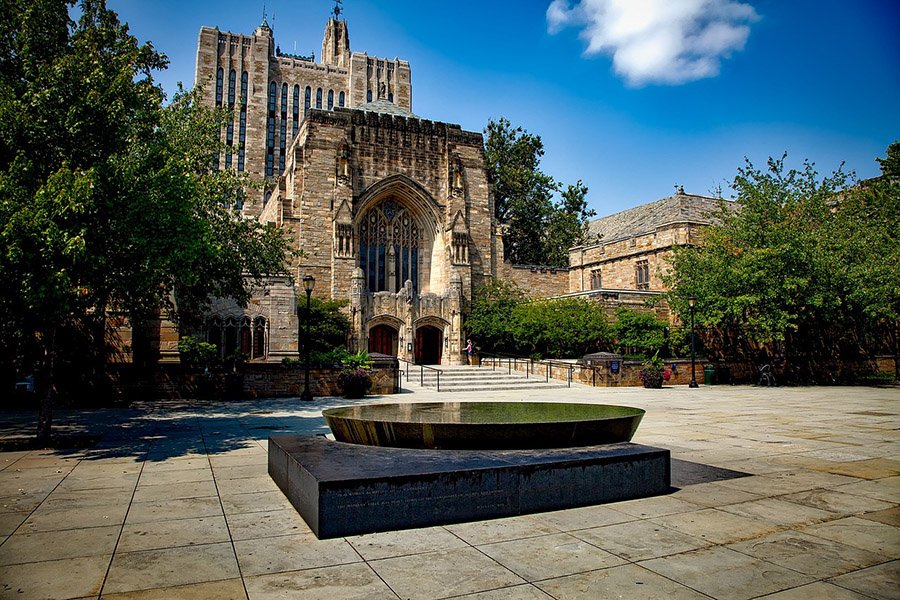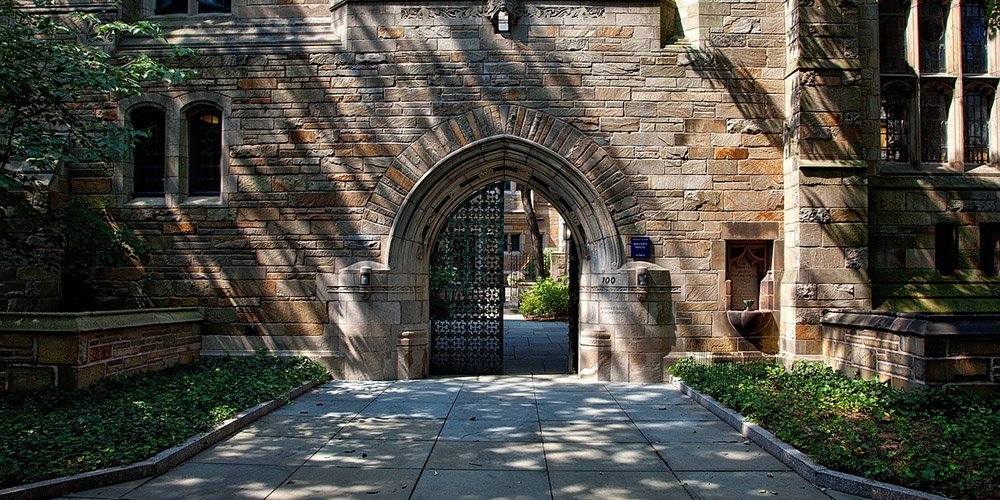The U.S. Department of Justice (DOJ) recently concluded a two-year investigation into Yale University’s admissions practices, accusing the Ivy League institution of discriminating against Asian American and white applicants. This move has sparked a strong reaction from the Asian American and Pacific Islander (AAPI) community, with many scholars criticizing the DOJ’s approach.
DOJ’s Accusations
The DOJ alleges that Yale unlawfully penalizes Asian American and white applicants, imposing higher admissions standards on them compared to other racial groups. This investigation, which began after complaints were lodged about admissions practices at Ivy League colleges, underscores a broader debate about affirmative action and its impact on college admissions. Yale President Peter Salovey firmly denied the accusations, calling them “baseless” and defending the university’s holistic admissions process.
Criticism from AAPI Scholars
Many AAPI scholars have expressed concern over the DOJ’s accusations, viewing them as an attempt to create division among people of color. They argue that by focusing on alleged discrimination against Asian Americans, the DOJ perpetuates the “model minority” myth, which can foster conflict and hinder multiracial coalitions aimed at addressing broader issues of racism and inequality.
Dona Kim Murphey, a former board member of the Korean American Association, stated that the DOJ’s approach “leverages the model minority myth to undermine the opportunity to build a multiracial coalition in this country to dismantle racism.” This sentiment is echoed by other AAPI scholars, who see the DOJ’s actions as part of a broader strategy to stoke racial resentment and hinder affirmative action policies that promote diversity and inclusion.

Legacy Status and Its Impact
Legacy admissions—where students are given preference due to familial connections to a university—are often criticized for perpetuating inequality and favoring white applicants. Critics argue that this practice undermines diversity and disproportionately benefits those from privileged backgrounds.
At Yale, approximately 12% of the Class of 2023 were admitted through legacy status, demonstrating its influence on admissions. Legacy status can affect the racial composition of a university’s student body, contributing to disparities in higher education. This form of hereditary privilege skews opportunities toward those who already have a historical advantage, reinforcing social hierarchies.
Legacy admissions can disproportionately favor white applicants. A 2019 study by the National Bureau of Economic Research showed that over 43% of white admitted students to Harvard University were legacies, recruited athletes, or on the dean’s interest list. In contrast, less than 16% of admitted students from African American, Asian American, or Hispanic backgrounds were from these categories. These statistics underscore the inequity caused by legacy status and its role in perpetuating racial disparities in admissions.
Racial Disparities in College Admissions
Racial disparities in college admissions are evident in the demographic breakdown of students at selective universities like Yale. At Yale, only 5.8% of the student body identifies as Black, less than 10% are Hispanic, and under 15% are Asian. In contrast, white students make up 42.7% of the student body, illustrating a significant racial imbalance.
These disparities are not unique to Yale; they reflect a broader trend among selective universities. Many institutions use holistic admissions processes that consider various factors, including race. However, legacy status and other non-merit-based admissions factors can skew these efforts toward maintaining racial disparities.
Efforts to address these disparities include calls for reforming legacy admissions and promoting policies that foster diversity and inclusion. These initiatives aim to create a more equitable admissions process that does not favor one group over another based on historical privilege or other biases.

Affirmative Action and Public Perception
Affirmative action policies are designed to promote diversity and level the playing field in college admissions by considering an applicant’s background, including race. Despite the DOJ’s accusations against Yale, many Asian American and Pacific Islander (AAPI) scholars defend affirmative action, asserting that it benefits the AAPI community and contributes to a more diverse and inclusive academic environment.
Jennifer Lee, a sociology professor at Columbia University, argues that affirmative action is not discriminatory against Asian Americans, highlighting that the majority of Asian Americans support these policies. A 2016 AAPI data survey indicated that nearly two-thirds of Asian Americans favor affirmative action, suggesting that public perception among the AAPI community is generally positive toward these policies.
Janelle Wong, a professor of American Studies and Asian American Studies at the University of Maryland, emphasizes that affirmative action policies do not harm the AAPI community but rather foster a learning environment that supports their success. The DOJ’s investigation and accusations could threaten affirmative action, potentially impacting diversity and inclusion efforts in higher education.
Calls for Changes in Admissions
In light of ongoing discussions about legacy status and racial disparities, there are growing calls to end legacy admissions and other non-merit-based factors that contribute to inequality in college admissions. Some universities, like Johns Hopkins, have already taken steps to eliminate legacy admissions, advocating for a fairer and more equitable process.
Student-led petitions and faculty initiatives at universities like Georgetown reflect a broader movement to change legacy practices and promote admissions based on merit. This shift in mindset aligns with the increasing recognition that legacy admissions reinforce systemic inequities and hinder diversity.
Conclusion
The DOJ’s investigation into Yale’s admissions practices has sparked significant debate, with many AAPI scholars criticizing the accusations as an attempt to create division among people of color. Legacy admissions and racial disparities continue to pose challenges to achieving a fair and inclusive higher education system.
While the DOJ’s accusations against Yale focus on alleged discrimination against Asian American and white applicants, the broader issue is the impact on diversity and affirmative action policies. The criticism from AAPI scholars underscores the importance of promoting a multiracial coalition to address systemic racism and support policies that foster diversity and inclusion. The movement to end legacy admissions is gaining momentum, highlighting a shift toward a more equitable approach to college admissions.








Add comment